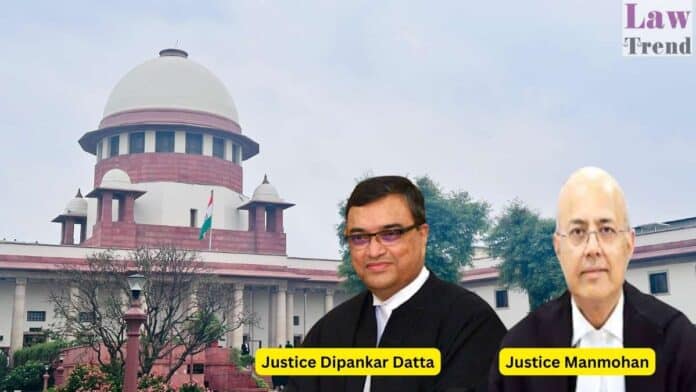In K. V. Gopalakrishnan vs Union of India & Others, the Supreme Court, while restoring the Central Administrative Tribunal’s decision, held that pensioners should not be compelled to seek judicial intervention due to administrative lapses of their employers. The Court criticised the government for withholding retiral dues and ruled that such conduct was unjustified, especially
To Read More Please Subscribe to VIP Membership for Unlimited Access to All the Articles, Download Available Copies of Judgments/Order, Acess to Central/State Bare Acts, Advertisement Free Content, Access to More than 4000 Legal Drafts( Readymade Editable Formats of Suits, Petitions, Writs, Legal Notices, Divorce Petitions, 138 Notices, Bail Applications etc.) in Hindi and English.




